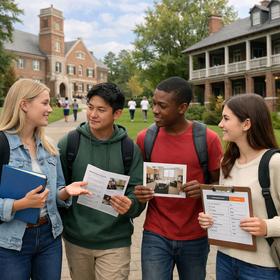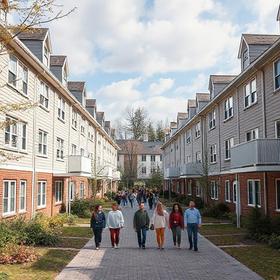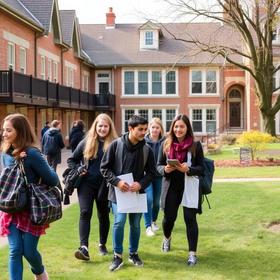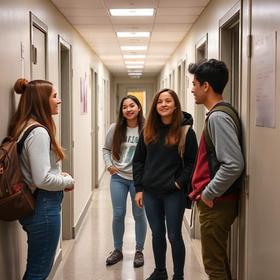First of all, let's define competitive. At its most basic level, a competitive boarding school is one that admits fewer applicants than it receives applications from. For example, a school has a fixed admissions deadline of January 31 each year. Last year it received 250 applications for 100 places. That means that 150 applicants were not accepted by the school. Perhaps some of them were put on the waiting list but we will look at that later.
So, essentially a competitive boarding school receives more applicants than it has places which it can offer to those applicants. Within the scope of competitive schools are several subsets. There is nothing official here, of course, as no organization will officially state that such and such a school is a highly competitive school or a less competitive school and so on. Having said that, you do not have to know a lot about private schools to look at the data which our site Boarding School Review offers after doing a little sorting of acceptance rates.
The other filter which we have to apply is for admissions to special schools. These schools which specialize in teaching students with learning disabilities, for example, have acceptance rates that are generally subject to other variables. In most cases, we will classify these as non-competitive.
So, where are we going to set the bar? Anything below a 25% acceptance rate is very competitive. 26-50% is competitive. 51-75% is less competitive. Individual educational consultants will have
























